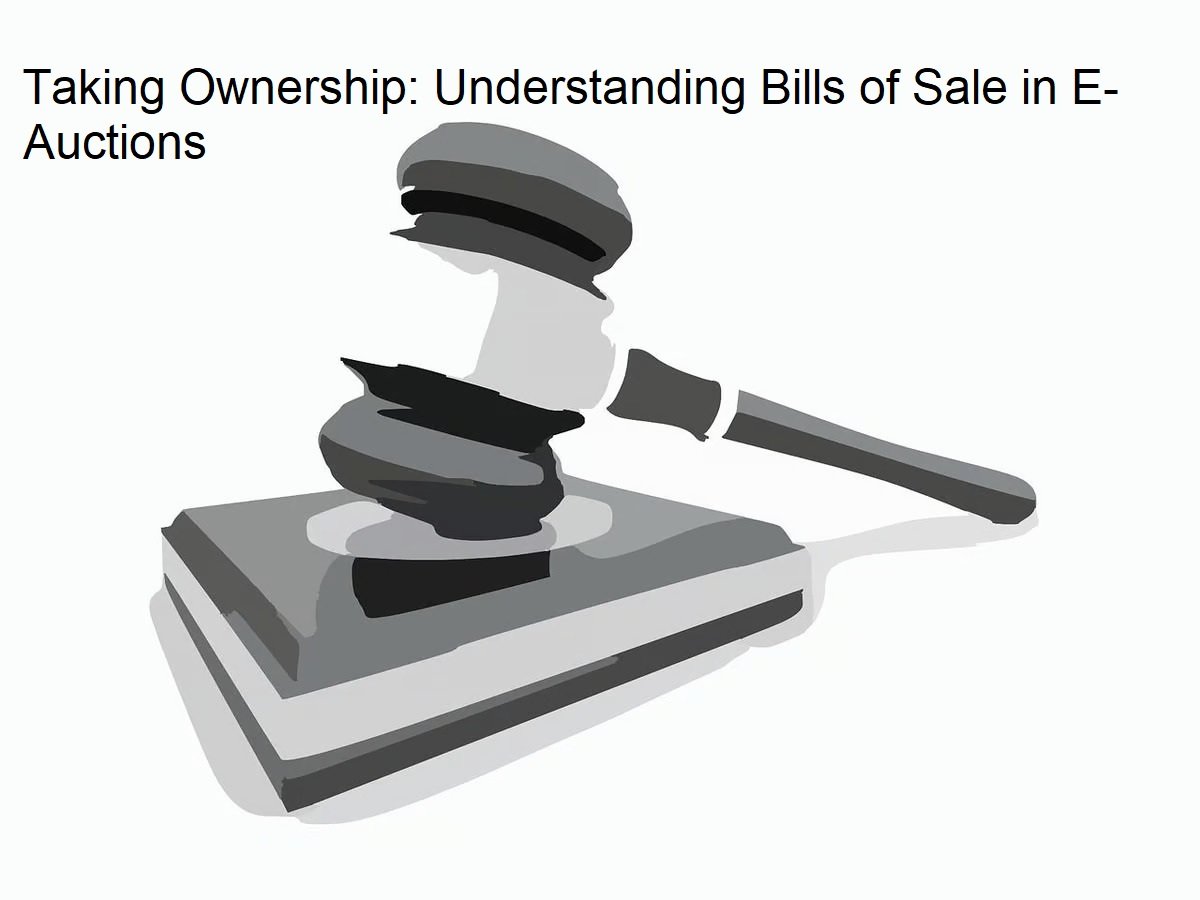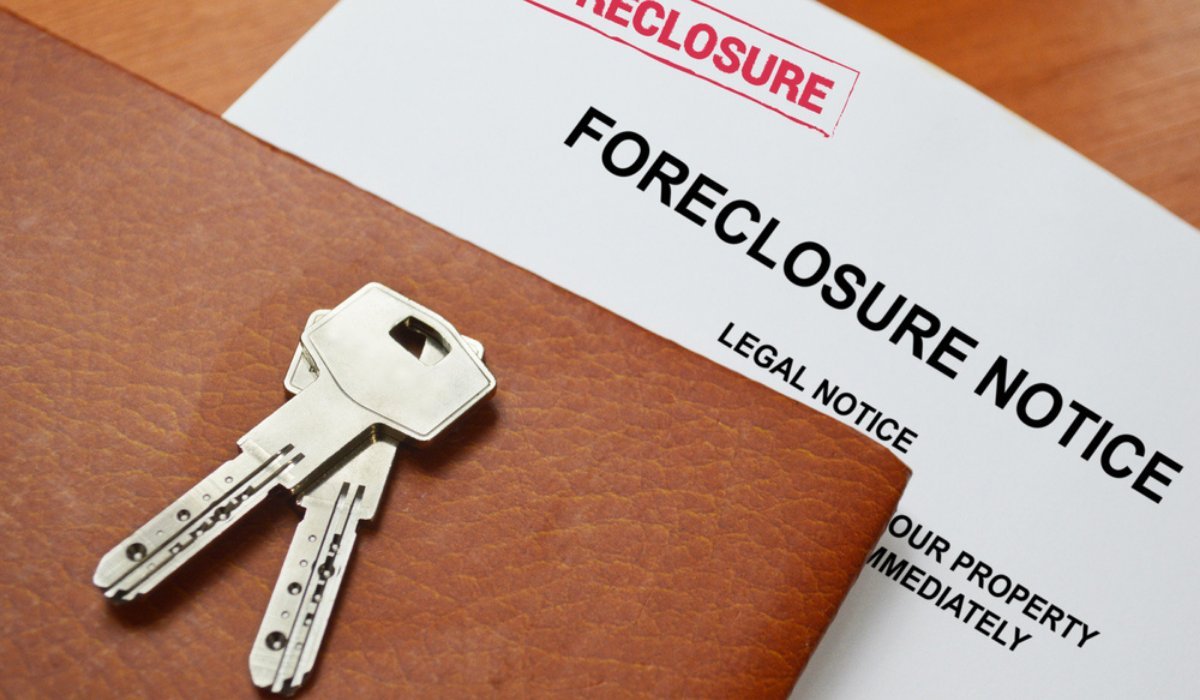individuals may default on repaying loans obtained from a bank, leading to the forfeiture of their property as the bank assumes control. I witnessed such an incident where a neighbor, residing in a house for over a decade, lost possession as the bank acquired legal rights over the property. Instances arise where property owners resist vacating, prompting the bank to take physical action, eventually transferring ownership to a new buyer. This encapsulates the concept of symbolic possession of property.
The process of a bank seizing physical possession involves the issuance of a possession notice under section 13 (4). Should no further legal proceedings transpire, the bank, empowered by Section 14 of the Act, can enforce physical possession through the District Magistrate or Chief Metropolitan Magistrate.
Symbolic possession implies that while the bank holds rights to the property, it lacks actual access. The formal mechanism involves the bank obtaining possession rights under section 13 (4), and if no subsequent legal steps are taken, the bank can resort to Section 14, employing the District Magistrate or Chief Metropolitan Magistrate to gain physical possession.
The "Enforcement of Security Interest and Recovery of Debts Laws and Miscellaneous Provisions (Amendment) Bill, 2016" provides a definition for "symbolic possession." Essentially, symbolic possession refers to a situation where a bank or financial institution does not have physical control of a property's key.
In simpler terms, if a property is under symbolic possession, it means that the borrower or defaulter still resides on the premises. Despite this, the SARFAESI Act empowers secured creditors, such as banks, to seize the asset or collateral in case of a payment default by the borrower.
If by "symbolic possession property" you mean a property or asset that holds symbolic value without a direct legal ownership transfer, it's important to note that legal ownership is a crucial aspect of real estate transactions. Symbolic possession alone might not grant the buyer the legal rights and protections associated with property ownership.
However, there are certain arrangements and structures that might be considered symbolic in a metaphorical sense. For example:
-
Naming Rights: In some cases, individuals or entities may pay for naming rights to a property or a part of it (e.g., a stadium or a room within a building) for a specified period. This doesn't grant ownership but provides a form of symbolic association.
-
Leasing: Leasing a property allows for its use without full ownership. While not symbolic possession in the strictest sense, it allows for a temporary and legal use of the property.
-
Easements: An easement grants someone the right to use another person's land for a specific purpose. This is not full ownership but represents a limited right.


